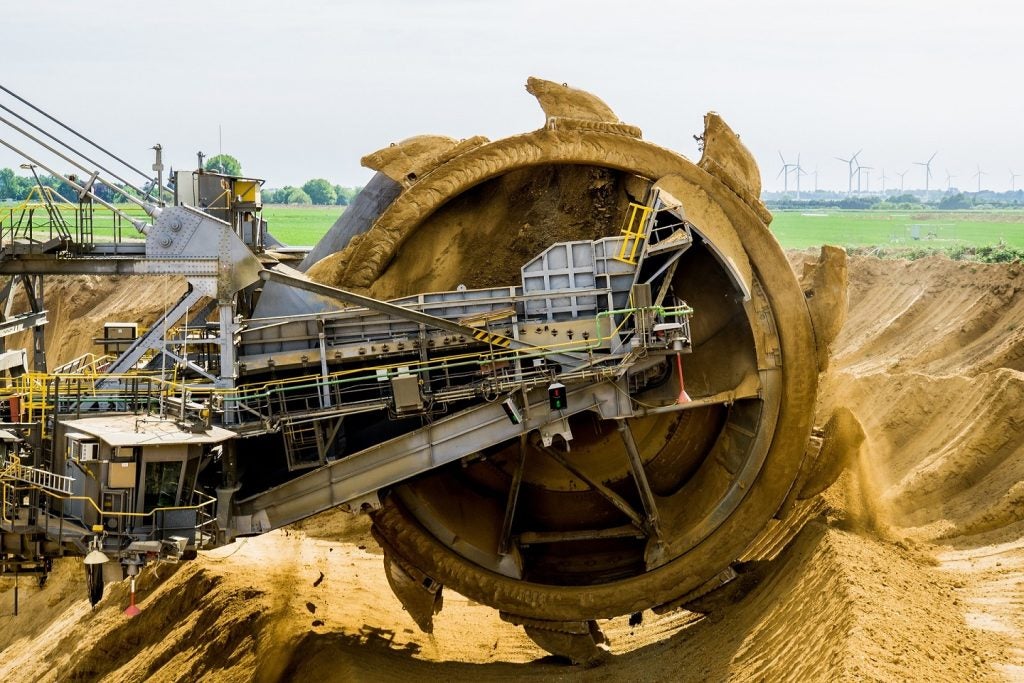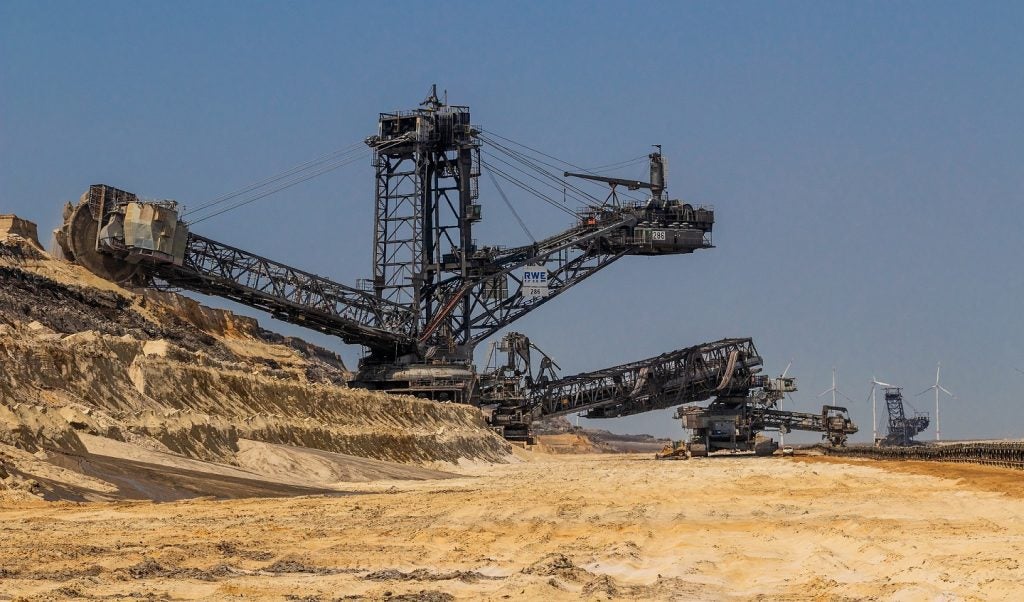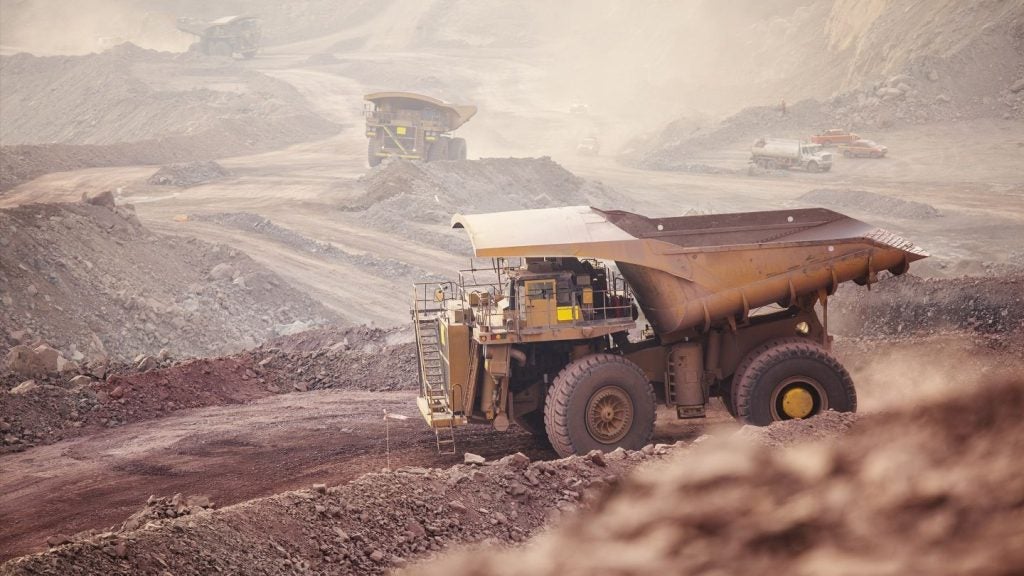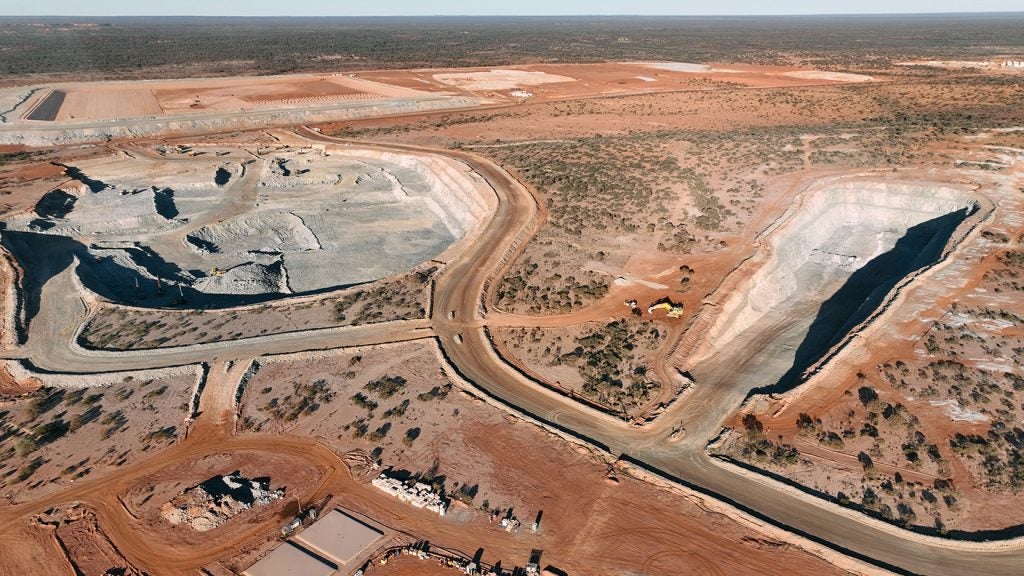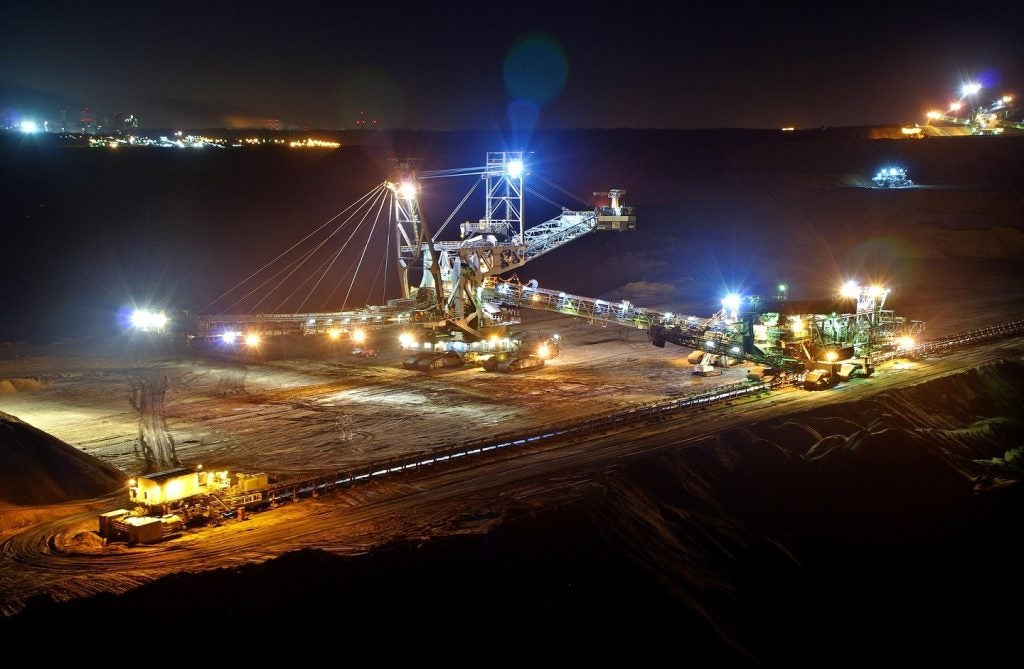Foreign shareholders in nickel miner Vale Indonesia are considering divesting their 14% stake to state mining holding company Mining Industry Indonesia (MIND ID), reported Reuters, citing Indonesian Mining Minister Arifin Tasrif.
MIND ID is an Indonesian mining industry holding company comprising PT ANTAM, PT Bukit Asam, PT Freeport Indonesia, PT Inalum (Persero) and PT Timah.
The 14% stake is due to be sold by Vale Canada, a wholly owned subsidiary of Vale, and Sumitomo Metal Mining at a price that will be agreed between them, Tasrif told reporters.
Tasrif said: “In principle, Vale has agreed to divest its stake again, so that when it is finalised they would have divested 54% of the shares. Previously, they have divested 40%, now another 14%.”
According to Indonesian regulation, foreign mining companies are required to offload 51% of their stake to state-owned companies following a certain period of operation.
In 1990, 20% of the shares in Vale Indonesia were offloaded through the Indonesia stock exchange. In 2020, Vale Canada and Sumitomo Metal Mining divested 20% of their stake in Vale Indonesia to the state holding company.
Currently, Vale Canada and Sumitomo Metal Mining hold 43.79% and 15.03% stakes, respectively, in Vale Indonesia while PT Indonesia Asahan Aluminium holds a 20% interest. Vale Japan owns a 0.54% stake.
MIND ID, which is expected to have the controlling right in Vale Indonesia, said the company is due to receive the government’s decision pertaining to the divestment.
MIND ID corporate secretary Heri Yusuf told the news agency: “Regarding the percentage of additional shares, without the controlling right over Vale’s strategic decision in the future, the additional shares will become less strategic.”


